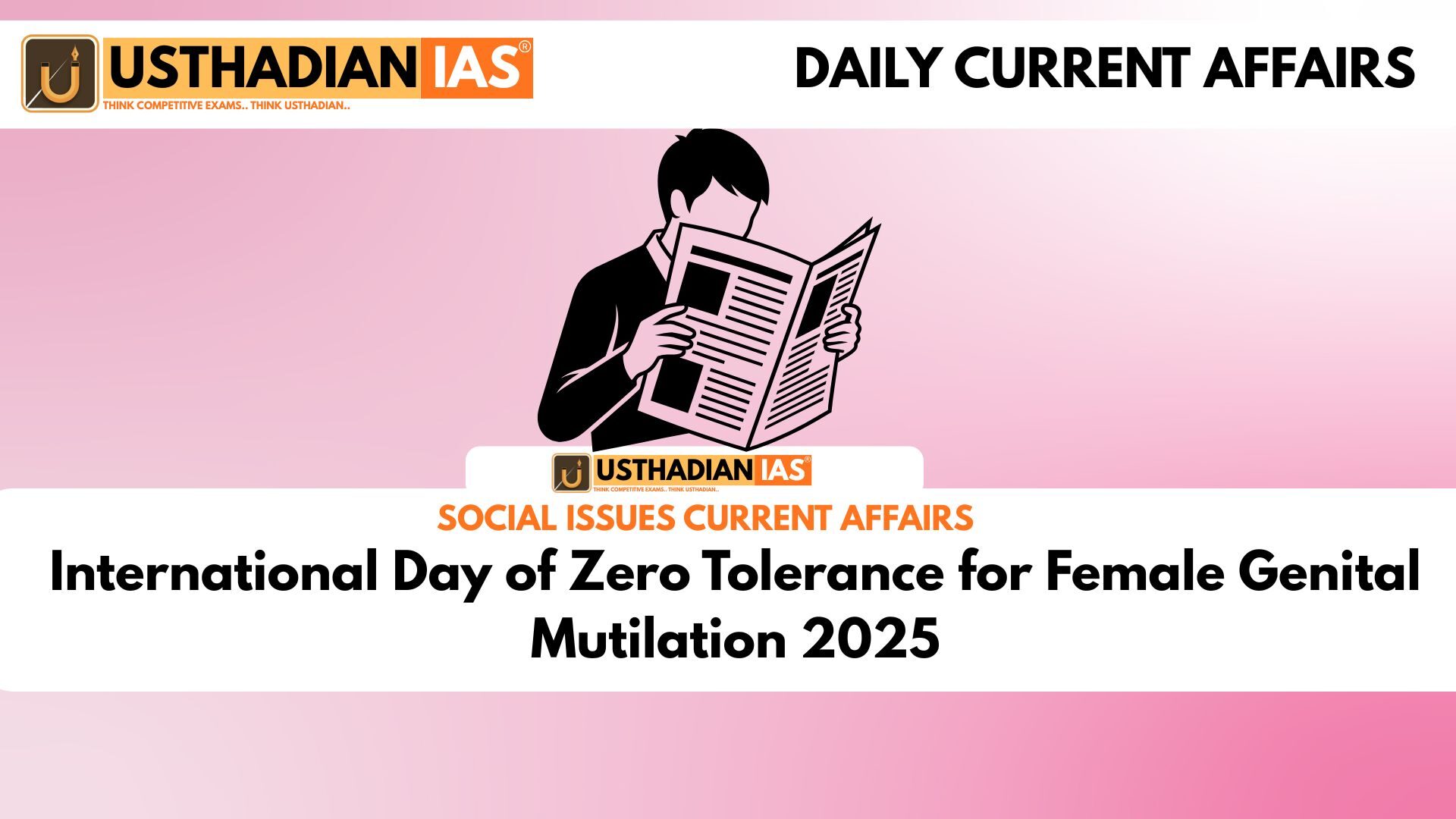Global Call to End FGM in 2025
International Day of Zero Tolerance for Female Genital Mutilation 2025: On February 6, 2025, nations around the world came together to mark the International Day of Zero Tolerance for Female Genital Mutilation (FGM). This year’s observance was held under the theme “Step Up the Pace: Strengthening Alliances and Building Movements to End FGM.” The focus was on reinforcing collaboration among governments, civil society, and communities to accelerate global efforts aimed at eliminating FGM by the year 2030. Recognized as a serious violation of human rights, FGM continues to affect millions of women and girls, despite significant progress in recent decades.
Understanding the Reach of the Practice
Female genital mutilation has been performed on more than 200 million women and girls worldwide, with an estimated 4.4 million girls at risk in 2024 alone. Although there has been a one-third decline in global prevalence over the last thirty years, the practice still persists across regions of Africa, the Middle East, South Asia, and among some immigrant communities in Europe and North America. Ongoing humanitarian emergencies such as armed conflict and climate disasters tend to undermine efforts made in communities that are otherwise moving away from this practice.
Long-Term Impact on Women’s Health
FGM results in a range of serious health complications, starting with intense pain, excessive bleeding, and infection immediately after the procedure. Over the long term, survivors may face chronic pain, fertility problems, PTSD, and complications during childbirth. In many cases, the trauma associated with FGM affects not just physical health but also mental well-being, educational opportunities, and economic autonomy. These lifelong effects limit the personal and professional potential of millions of affected women.
Survivor Advocacy Leading the Way
One of the most transformative tools in the fight against FGM has been the leadership of survivors. When survivors take charge of community education and outreach, their personal stories carry weight and credibility. Their work focuses on shifting harmful norms, advocating for psychological support, and creating community-based networks to promote alternative rites of passage. These survivor-led efforts are now central to grassroots campaigns that aim to end FGM from within affected communities.
UN-Led Programme Making Global Impact
Since 2008, the UN Joint Programme on FGM, jointly implemented by UNFPA and UNICEF, has made measurable progress across continents. The programme has extended protective services to over 7 million girls, while 50 million people have committed to abandoning the practice. It has used mass media to reach 250 million individuals and collaborated with more than 12,000 grassroots organizations, making it the most far-reaching and coordinated initiative against FGM in history.
Role of Education and Digital Advocacy
Efforts to combat FGM now include reforms in school curricula and programs that engage men and boys as allies. The digital space has also become a powerful tool for activism, with campaigns such as #EndFGM and #Unite2EndFGM helping to amplify survivor voices and draw international attention. Creating safe spaces for girls and women to share their experiences and access support is also a key part of the movement.
Why February 6 Carries Global Significance
The United Nations General Assembly officially declared February 6 as the International Day of Zero Tolerance for FGM in 2012, creating a platform for global reflection and action. Each year, the day serves to highlight progress, reignite political commitment, and raise public awareness to meet the target of ending FGM by 2030. The 2025 theme reinforces the urgency of speeding up change through strong alliances and inclusive community action.
STATIC GK SNAPSHOT
| FACT ITEM | DETAILS |
| Observed On | February 6, 2025 |
| Declared By | United Nations General Assembly (2012) |
| 2025 Theme | “Step Up the Pace: Strengthening Alliances and Building Movements to End FGM” |
| Global FGM Survivors | Over 200 million |
| Girls at Risk in 2024 | 4.4 million |
| UN Agencies Involved | UNFPA and UNICEF |
| Programme Reach | 7M girls aided, 50M publicly rejected FGM, 250M reached via media |
| Community-Led Efforts | Survivor-led initiatives, education, health, and economic support |
| Global Campaigns | #EndFGM, #Unite2EndFGM |
| Long-Term Goal | Eradicate FGM worldwide by 2030 |








